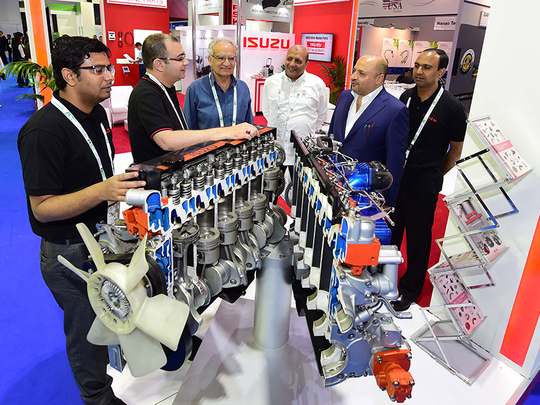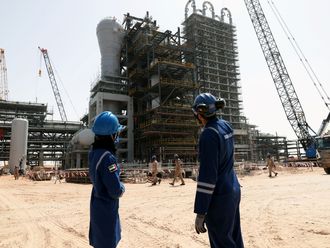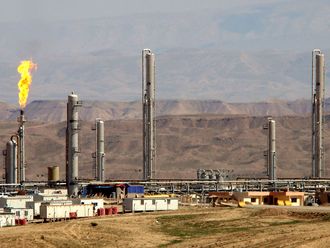
Dubai: Demand from the Africa continues to shore up the automotive parts marketplace in the UAE and compensate for the lack of orders from some of the conflict-ridden Middle East markets. But orders from Russia and some of the other CIS states have also been on the slide because of the weakness in their currencies vis-a-vis the dollar.
But African buyers have been consistently active through recent months, and placing some sizeable orders with local traders, industry sources say.
“The overall situation for the UAE’s spare parts trade remains positive, in fact much better so than the growth in new car sales,” said Ajith Kumar, CEO of Swaidan Trading. “But the loss of orders from markets like Syria for to three years now is a burden. Traders will have to try and get by through tapping new markets or getting more from those re-export markets that are unaffected.”
They will be trying to do that at Automechanika Dubai 2016, which opened Sunday at the Dubai International Convention and Exhibition Centre, More than 2,000 exhibitors are participating. The auto parts market in the region, according to the consultancy Frost & Sullivan, was valued at $12.98 billion (Dh47.64 billion) in 2015 and could reach $17.27 billion by the end of the decade. Overall volumes
The UAE continues to be the fulcrum of the trade, growing in double-digit or near double-digit for the better part of this decade. Overall vehicle sales in the region last year was estimated at 3.2 million.
According to industry sources, volumes could have been higher if not for Saudi Arabia mandating strict SASO (Saudi Standards, Metrology & Quality Organisation) norms on all parts imports into the country. Traders/importers have to go through an elaborate process to confirm that the parts do indeed meet the requirements.
“What happens is that if the size of the orders are below a certain level, it doesn’t make sense to go through the process,” said a source. “It’s proving a speed-breaker for parts imports.”












